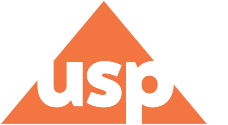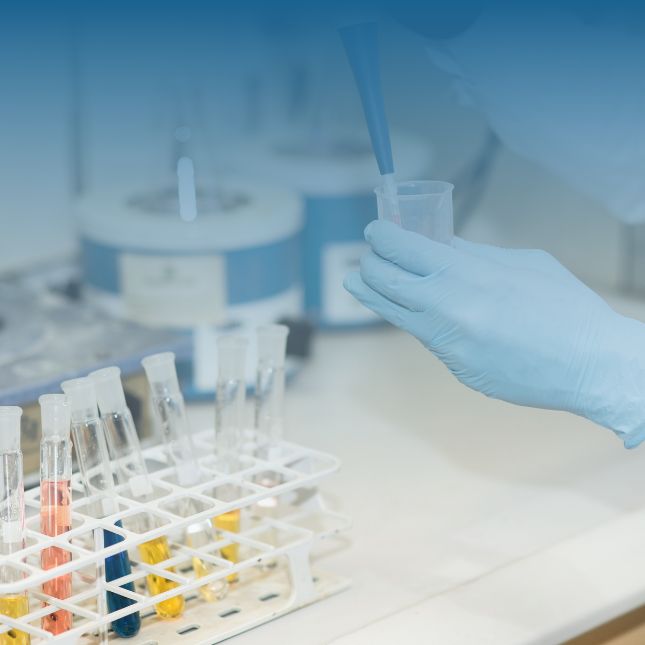This year, the World Health Organization (WHO) issued medical product alerts noting the identification of substandard liquid dosage medicines in several countries, resulting in the deaths of hundreds of children. These incidents point to the need for systems that can control the quality of medical products in the global supply chain.
But many low- and middle-income countries lack effective national quality control laboratories (NQCLs) capable of carrying out critical regulatory functions, such as continuously testing medical products and providing reliable data to medicines regulatory authorities to take corrective action. To strengthen this essential part of the health system, PQM+ is working with 45 laboratories in 13 countries to help better ensure the quality, accuracy, and reliability of medicines quality test data.
Lab strengthening is a complex, meticulous undertaking that occurs over several years with significant milestones throughout the recognition process – from being able to accurately perform tests, to earning local country accreditation, and eventually achieving global standards, such as ISO/IEC 17025:2017 or WHO Prequalification (PQ).
Ethiopia’s experience illustrates how USAID’s long-term investments have built and expanded the country’s NQCL capacity, which is helping to improve the quality of medical products circulating in country.
EFDA grows laboratory network
Located in Addis Ababa, the Ethiopian Food and Drug Authority’s (EFDA) central quality control lab earned international accreditation in 2011, achieving ISO/IEC 17025 with support from USAID’s PQM program.
The central lab can test a wide variety of medical products, including antimalarials, antibiotics, anti-TB and anti-HIV medicines. With ongoing support from PQM+, EFDA has continued to maintain its accreditation.
EFDA expanded its lab capacity in 2009 by building five branch labs in Bahirdar, Diredawa, Hawasa, Jima, and Mekele. These labs are located closer to clients and their role is to assess the quality of medical products circulating in their catchment areas. The locations are strategic, based on the level of risk of potential infiltration of substandard and falsified (SF) medical products into the country.
PQM+ collaborated with staff to assess each of the lab’s capacities and develop branch-specific roadmaps to achieving ISO/IEC 17025 accreditation. The road maps identified gaps and functions in need of improvement, such as equipment, facilities, personnel, and management.
As part of implementing the roadmap, EFDA and PQM+ have been providing supportive supervision to the Diredawa branch lab. As an example of this support, PQM+ customized 40 standard operating procedures (SOPs), which outline instructions for correctly and consistently performing key lab functions. EFDA also funded two staff members from the Diredawa branch lab to travel to India for hands-on training in compendial test methods. The lab is now on track to test for ISO/IEC 17025:2017 accreditation in the fall of 2023.
EFDA continues to invest in its other branch labs as well. The regulatory agency pays the salaries of some lab analysts. EFDA is also renovating the labs in Bahirdar, Hawasa, and Jima, and they are expected to re-open later this year. The Mekele branch was closed due to the ongoing security situation in that region.
Building sustainability, localizing capacity
During the COVID-19 pandemic, gloves were widely used in health facilities, but their quality was not assured. With support from PQM+, EFDA has worked to strengthen the glove testing laboratory of the Medicine Quality Control Directorate. PQM+ trained lab staff, developed Quality Management System (QMS) documents, procured ISO standards for glove quality assurance and supported implementation of the QMS. The lab was recently audited by ANSI National Accreditation Board (ANAB) and achieved ISO/IEC 17025:2017 for several critical test parameters, including dimension and tensile strength.
By helping to detect substandard and falsified medical products, Ethiopia’s labs are providing important data for regulatory decision-making. By investing in its labs, Ethiopia is helping to expand access to effective, safe medical products for health care workers and citizens across the country.








